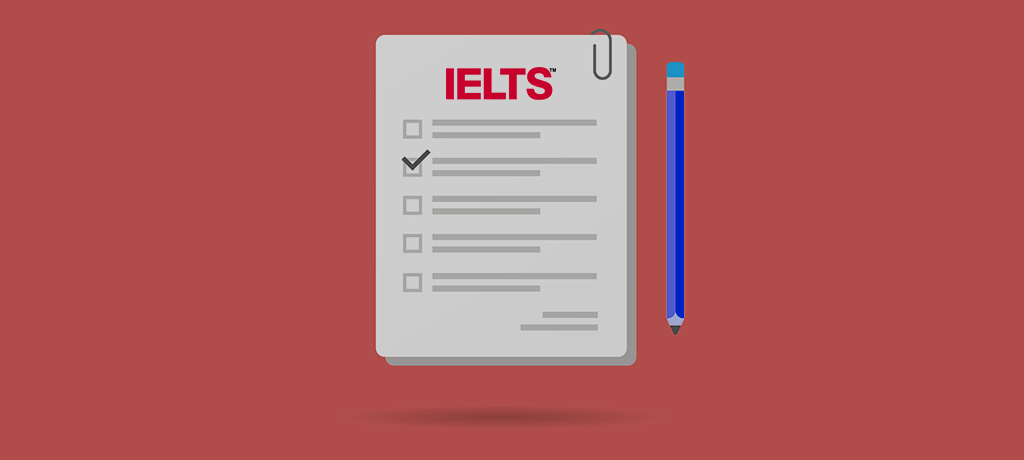Listening is an important component of the IELTS exam. It is the same for the AC and GT modules. The test takes 40 minutes- 30 minutes to listen to the recording and answer the questions and 10 minutes to transfer the answers to the answer sheet. Only the answers written in the answer sheet are marked.
In this module, the questions are designed to examine a wide range of listening skills; from listening for specific or detailed information to understanding the speaker’s opinion. So, a little preparation can make a big difference to your score.
Preparation tips:
Get used to a wide range of accents
Familiarizing yourself with different accents is a good idea. You can expect to hear Canadian, British, American and Australian accents in the test. Therefore, it is advisable to listen to a topic of your choice in English every day. Tuning in to Pod casts, Ted Talks, radio or watching English programmes can be a great start towards achieving your ideal score.
Teach yourself the words
A good way to improve your listening skill can be to train your ears to understand the words you hear in the flow of a sentence. Pause the audio if you don’t understand it at the first attempt, play it in your head and try to say it aloud. If you still don’t understand the phrase, replay the audio. This will help you comprehend it better. Try to break it into segments and make sense out of it. This will not only improve your pronunciation but enhance your listening skills as well.
Read the instructions carefully
Each task in IELTS Listening has a specific instruction. In some cases, the instructions in the booklet will indicate a word limit for your answers. For example: Use NO MORE THAN 2 WORDS OR A NUMBER for each answer. These are to be adhered to strictly as they tell you exactly what to do with the information. Overlooking these can result in losing valuable points, so take a little time to read the instructions carefully.
Predict the answers
While listening, establish the context as quickly as possible. With this information, you are in a stronger position to predict the details that you are about to hear. Look ahead and try to anticipate the possible answers.
Listen actively
While listening, don’t just hear; instead pay attention to details. Try to take notes as you listen. This will enable listening, comprehending, processing and then writing the information simultaneously.
Paraphrasing
What you hear may not be exactly the same as what is written in the paper. This is because the information is often paraphrased. So, listen for different words that mean the same thing.
Practice
Practice as much as you can. Practice spelling, numbers and learn to listen for specific information. Don’t leave any blanks. There is no negative marking in IELTS Listening. If you’ve missed an answer while listening, try to make the best possible choice and write an answer.
Getting a good band score in IELTS Listening doesn’t need any good luck charm. All you need is a bit of strategy and a lot of practice. So, prepare well, stay focused and get that perfect band score. Best of luck!







